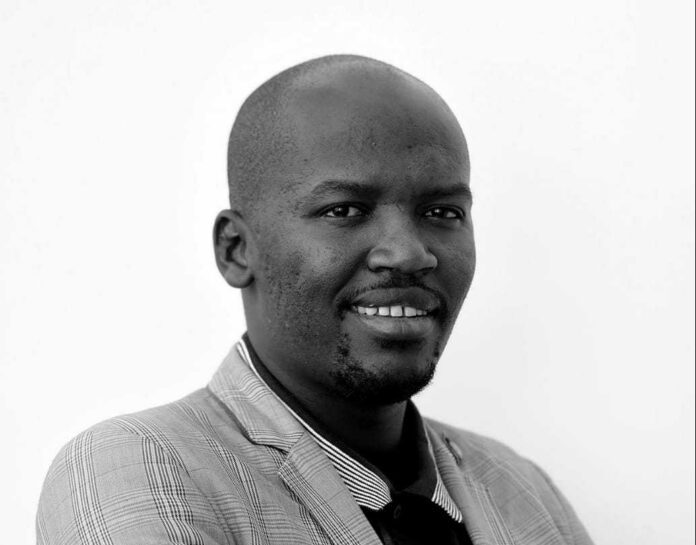COVID-19 has saved young people from the traditional jamboree and false sense of progress accustomed with June 16 gatherings.
There will not be stadiums or auditoriums filled with young minds celebrating past achievements, while their reality is one of hopelessness and poverty.
Young people don’t need meaningless speeches by those in power who pretend to be at work advancing the course of the youth while they have presided over the marginalization of young, black people.
What the youth deserves this year – like the years before it is an apology – an apology for a plethora of failures by successive democratic governments to practically open the space for the youth to thrive.
COVID-19 and its impact on the economy has lifted the veil on the disenfranchisement of the young compatriot.
The millions of young South Africans who are eagerly waiting for the measly R350 COVID-19 social distress relief grant is a stain on a democratic government – a dispensation that has failed to nature her youth.
These are able-bodied people who should be active in the mainstream South African economy and paying taxes and not merely being made to survive on R350 a month for just six months.
This is the state of South Africa’s youth – a generation betrayed by corruption and the lust for power and influence by those in public office.
Much ink and airtime will be spent this month honouring the gallant youth of 1976 – this honour is due.
However, for many moons, our government has hidden its failures behind this generation of brave South Africans – masking the catalogue of failures of the current government in empowering its young citizens.
The youth cannot be asked to honour the past, while their present, is a protracted battle between hunger and dreams deferred.
The National Youth Policy (NYP) for 2015–2020 read like a Shakespeare classic but did very little to change the fortunes of young people.
What was great on paper was on the ground just a pipe dream.
Prior to the pandemic youth unemployment was estimated to be over 52%. With COVID-19 and the hard lockdown on the economy, this situation has been exacerbated and there is no clear blueprint by the government on how to arrest the devastation of the youth.
The inequality of the South African economy is tangible in our black townships.
The few black youth who have ‘made it, have arrogated to themselves aloofness – hence nonsensical terms such as “moreki” (those who have the means to afford life’s pleasures).
A sea of black youth is running the real risk of being a lost generation – a people who will go from one grant system to the next until they meet their maker.
COVID-19 has opened the door for the government to aggressively assist youth-owned enterprises through the procurement of personal protective equipment – but alas! The old guard has been at the forefront of benefitting from this multimillion-rand expenditure.
The bastardization of youth must stop and more young people should enjoy the support and confidence of this government to play a meaningful role in this economy that successive generations have fought and died for.



